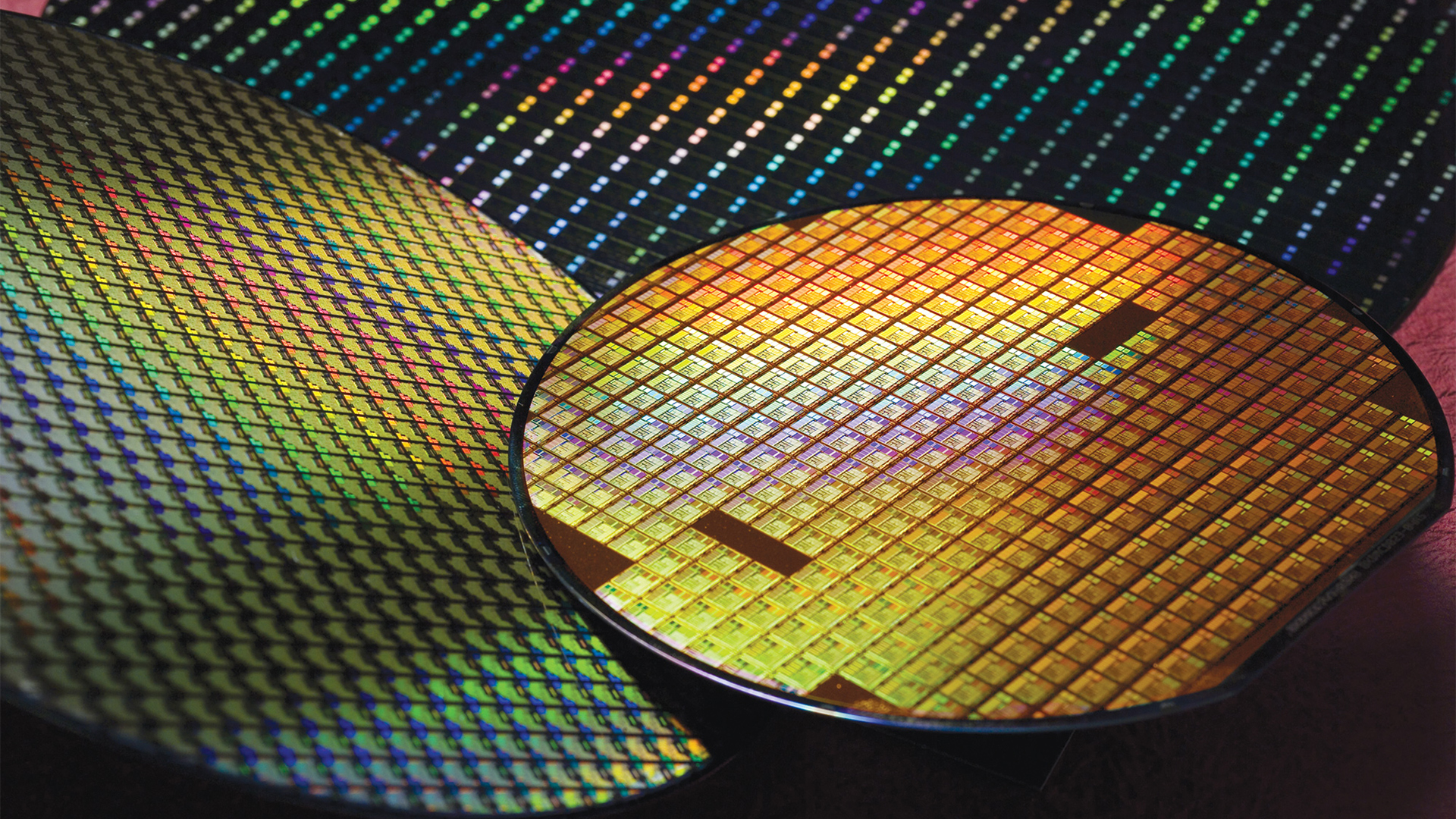After years of pressure by Washington, Japan and the Netherlands decided on Friday to tighten regulations on the sale of chip manufacturing technology to Chinese businesses. Bloomberg, the Financial Times, and The New York Times all reported on the accord.
The limits, which were announced in October 2022 by the Biden administration, are intended to prevent China from increasing its domestic chip manufacture. There is concern that China may be able to strengthen its military and artificial intelligence capabilities due to increased access to modern semiconductors. There are no plans to make the deal public, and according to Bloomberg, it might take “months” for Japan and the Netherlands to “finalize legal preparations.”
When questioned about the agreement, Dutch Prime Minister Mark Rutte said, “This is such a sensitive topic that the Dutch government chooses to communicate diligently, and that means that we only communicate in a very limited way.”
The most important firm impacted by the limitations in the Netherlands is ASML. It is the only business in the world that makes “ultraviolet lithography” equipment, which is essential for making cutting-edge semiconductors. According to an earlier CNBC story, the business was still able to export older deep ultraviolet lithography (DUV) equipment to China but was already unable to send its more sophisticated extreme ultraviolet lithography (EUV) gear.

According to a prior Bloomberg report, the new limitations are anticipated to hinder the sale of “at least some” of these DUV machines, thus restricting the capacity of Chinese firms to develop cutting-edge processors and set up manufacturing facilities. Around 15% of ASML’s revenues in 2022 will come from China, according to ASML CEO Peter Wennink’s prior comments to CNBC.
Wennink has said that it is doubtful that any limitations would prevent China from ultimately producing its versions of the devices. “If they can’t get those machines, they’ll develop them themselves,” Wennink told Bloomberg. “That will take time, but they will get there ultimately.”
In addition to stopping shipments to China, the White House has used its clout to increase local chip manufacture. The $280 billion CHIPS and Science Act, which contains $52 billion in subsidies for the semiconductor industry, was signed by President Joe Biden last August. New semiconductor manufacturing facilities are being actively built in the US by Intel, TSMC, and Samsung.
The post Japan and Netherlands Imposes Tough Chip Technology Sanctions on China appeared first on Appuals.com.


0 Commentaires